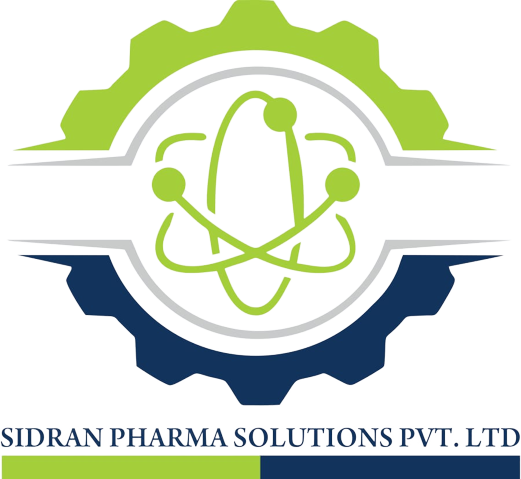Who is it for?
One of the principal objectives of this training program is to impart industry orientation training/education to the fresh graduates from the Colleges/Universities, aspiring to build their career in pharmaceutical industry. This program also caters to the needs of employees of pharmaceutical companies to update their knowledge pertaining to recent developments and to give a different perspective from industry experts.


Module 1
Computer System Validation (CSV)
Computer Systems Validation (CSV) – is a process used to test, validate and formally document that a regulated computer-based system does exactly what it is designed to do in a consistent and reliable and traceable.
The CSV process is used when replacing paper records and handwritten signatures with electronic data records and electronic signatures in highly regulated environments that impact public health and safety such as the pharmaceutical and medical device industries.
Module 2
Qualification & Validation
Qualification - The act of proving and documenting that equipment or ancillary systems are properly installed, work correctly, and comply with specified requirements. The process used to demonstrate the ability to fulfill specified requirements. Qualification is part of validation, but the individual qualification steps alone do not constitute process validation.
Validation – A documented objective evidence that provides a high degree of assurance that a specific process will consistently produce a product meeting its predetermined specifications.


Module 3
GAMP5 and Documentation
Good Automated Manufacturing Practice, Founded in 1991. International Society for Pharmaceutical Engineering (ISPE) sets the guidelines for manufacturers and the current Version is GAMP 5. GAMP describes a set of principles and procedures that help ensure that pharmaceutical Software (Like QMS Software, LMS software, DMS software etc.) has required quality.
Good documentation is a systematic procedure of preparation, checking, verifying, issuing, storing and reviewing of any documents. Document is any written statement or proof of any activity in pharmaceuticals.
Module 4
Regulatory Requirements over CSV (21 CFR Part 11)
Among the most commonly used terms in the field of CSV is "21 CFR Part 11." This regulation holds immense significance for Lifesciences domain under the purview of the U.S. Food and Drug Administration (FDA). In this article, let’s explore the essence of 21 CFR Part 11, its relevance in CSV, and the key takeaways we all need to know. In this article I intent to demystify this crucial aspect of modern regulatory compliance in the digital age.
21 CFR Part 11 mandates that electronic records must be secure, tamper-proof, and easily retrievable. Additionally, electronic signatures must be linked to specific individuals, and traceability throughout the data lifecycle.


Module 5
Importance and Principle of Data Integrity & ALCOA++
The Data Integrity ALCOA+ principles define best practice guidelines and methodologies for good data management, for example, within the pharmaceutical and biotechnology industries. The acronym ‘ALCOA’ defines that data should be Attributable, Legible, Contemporaneous, Original, and Accurate. In addition, ‘ALCOA+’ guidance recommends that data is also Complete, Consistent, Enduring, and Available.
ALCOA+ is a set of principles that ensures data integrity in the life sciences sector. It was introduced by, and is still used by, the FDA – the US Food and Drug Administration. It has relevance in a range of areas, manufacturing, testing, and the supply chain.
Module 6
Case Studies
A successful pharma company has hired you to help them grow revenues – specifically, to triple revenue over the next 10 years. The client wants you to diagnose key issues preventing growth, and to develop a strategy the company can implement immediately.
Case study examples like this can help you prepare for case interviews. This case will help you prep for a final round interview, with a qualitative difficulty of 4/4. The case also includes several math exhibits that you will interpret.

